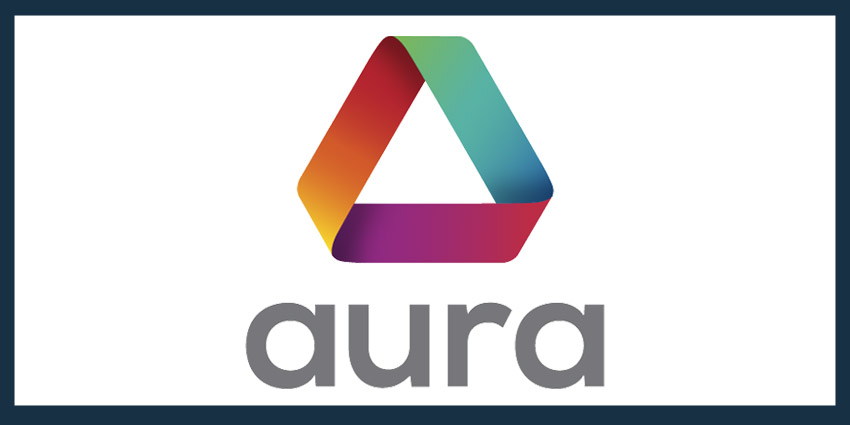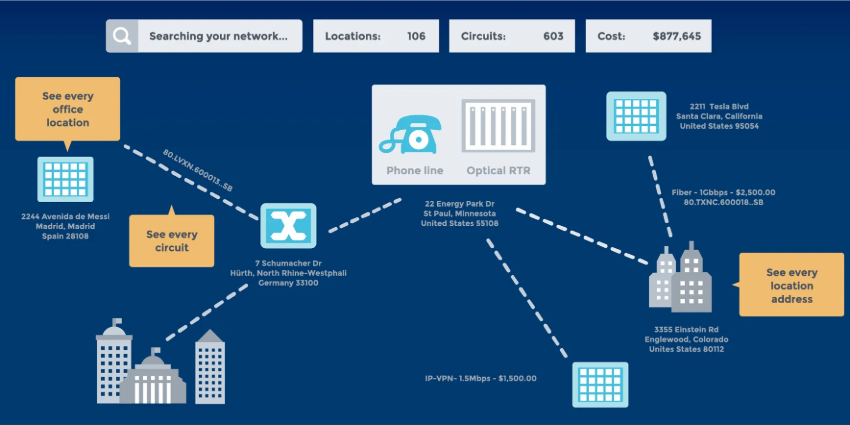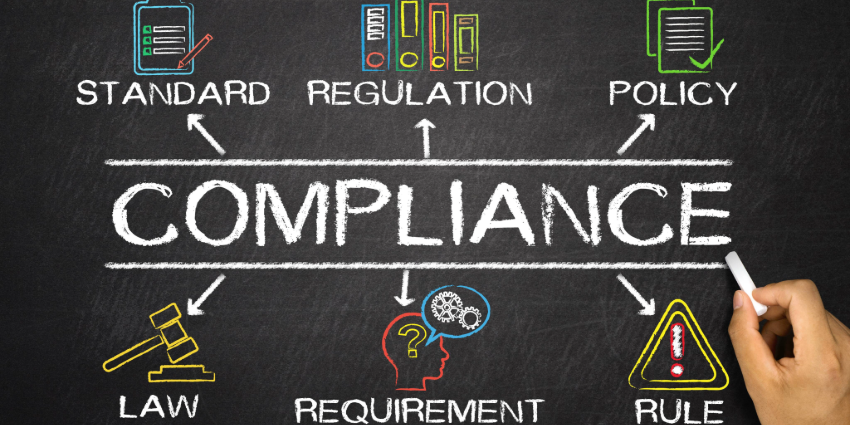The eye-watering speed at which technology is developing has been – and continues to be fuelled – by the proliferation of technology vendors in recent years.
This swelling of the ranks has led to certain IT segments becoming crowded markets, making it difficult for organisations to figure out their own IT needs and who they should choose as a supplier. This can lead to organisations working with a swath of suppliers that provide the latest in cutting-edge technology, but it also means they have to deal with the headache of managing multiple contracts.
To remedy this, customers should consider consolidating their vendors. Vendor – or supplier – consolidation is the process of reducing the number of vendors they work with to a manageable number or using a single partner to do it for them.
“It’s a big challenge for companies – especially global ones – to manage this,” said Emma Harris, Commercial Contracts Manager at Aura.
“Every day we hear from companies who have changed providers. They don’t know what assets they have; they’re paying unnecessary amounts of money for licences that they’re not using, and they have redundant systems they’re not aware of that are still sitting on the balance sheet. Often, management aren’t close enough to the problem to realise the impact it is having on their business.
“Vendor consolidation gives them a single view of where they can cut costs, improve efficiencies, and identify gaps.”
Consolidating vendors has multiple benefits for organisations, including consistency, time savings, money savings, stronger agreements, and reduced risks. It also offers global organisations an easy method of managing partners in different countries, particularly in areas where the company doesn’t have a wide reach.
“When you’re a small company, consolidation is a good thing because it saves you a lot of time and money,” Harris continued.
“But when you’re a global company, it is critical. If you’re speaking with one vendor – who works with a different reseller in every country – and you have localised IT managers sending you siloed invoices and requests, it quickly becomes out of hand with a ‘who shouts the loudest’ approach, with no process and little control.
“You can imagine how complicated it gets for a global IT director that is trying to consolidate everything, streamline systems and keep to a single budget, all whilst looking to adopt a new technology.”
How Aura Helps
Aura specialises in vendor consolidation for organisations across the world. It offers 2,000 technical consultants and 5,000 engineers in 145 countries with the resources to deploy and support any customer’s IT systems. Most importantly, it offers this through one contact, one contract, and one consistent SLA globally.
“We’re more agile than an SI, so we can onboard new technologies quickly and help customers in their consolidation journey,” stated Harris.
“We can adapt to the multiple challenges that customers are facing today in terms of having numerous vendors and partners because we offer one central point of contact, as well as providing the range of technologies that companies today are using”







